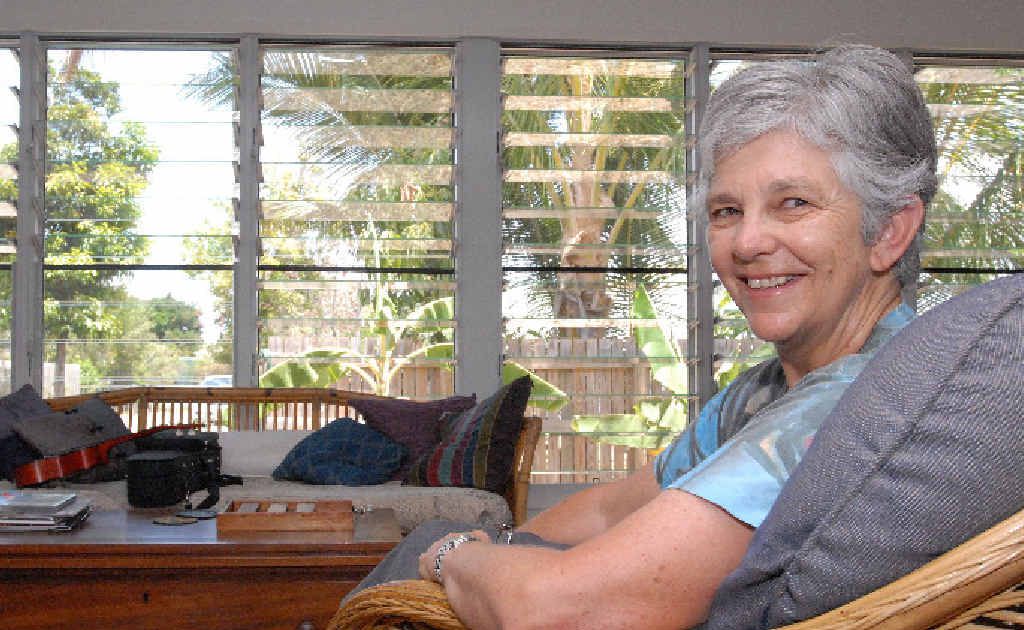'Green' living reduces household costs
ENERGY hungry appliances, leaky taps and dodgy washing machines – everything adds up in the war against rising household costs.

Mackay
Don't miss out on the headlines from Mackay. Followed categories will be added to My News.
ENERGY hungry appliances, leaky taps and dodgy washing machines - everything adds up in the war against rising household costs.
But for one Mackay couple, the solution is easy.
They make their own electricity and collect their own water.
When Margaret and Philip Lane built their North Mackay house five years ago, they wanted it to be as self-sustainable as possible.
"We don't have any electricity bills at the moment, we get paid," Mrs Lane said.
This week, the State Government announced it was no longer planning to introduce a $100 electricity rebate for Queensland households in its upcoming budget.
The rebate had originally been touted as a way to combat rising power costs - tipped to surge by 23% for average households during the next year.
While they might be free of electricity bills now, the initial cost was steep for the Lanes, and they didn't do it to save money.
"We did it to use less coal-fired power," Mrs Lane said.
Five years ago, the total cost of solar panel installation was just over $22,000, of which about $10,000 was subsidised.
Even after receiving 44 cents per kilowatt of energy they put back into the grid, Mrs Lane said it would probably take another 10 years to recoup the initial cost.
But she said it had been worth it.
"I get satisfaction, not from the fact I don't have to pay, I get my main satisfaction that I'm not using non-renewable energy and that's our driving force," Mrs Lane said.
The Lanes also have a 20,000-litre water tank which supplies the whole house.
When it runs dry during winter, the couple switches over to town water.
"We still pay the connection fee but we only pay for water when we use it," Mrs Lane said.
This has happened twice in the past four winters, but Mrs Lane said she couldn't be happier.
"I'd prefer to use rain water than town water it saves a whole lot of water that doesn't have to be processed for us to use."
SOLAR ENERGY
A SOLAR power system might be saving money for those who have one, but the Queensland Competition Authority says it is costing everyone else.
In a report released earlier this year, the QCA said the 44 cent per kilowatt homeowners with solar panels received as part of the Solar Bonus Scheme was "expected to add around $67 to the average customer's annual electricity bill in 2013-14".
This figure was expected to increase to $276 in 2015-16.
The QCA has recommended a much lower figure for those who are sending electricity back into the grid.
It places the "fair" figure at 7.55 cents per kilowatt in south east Queensland and between 7.06 and 14.05 cents in the Ergon Energy network area, of which Mackay is a part.
WATER RATES
LAST year, Mackay Regional Council increased water rates from $1.40 to $1.49 per kilolitre for zero to 150 kilolitres used in six months and from $2.11 to $2.25 per kilolitre for over 150 kilolitres used in six months.
There is also a $313.05 water access charge.
Corporate communications manager Ken Furdek said it wasn't known whether there would be another increase in this year's council budget, to be released in late June or early July.
Originally published as 'Green' living reduces household costs






